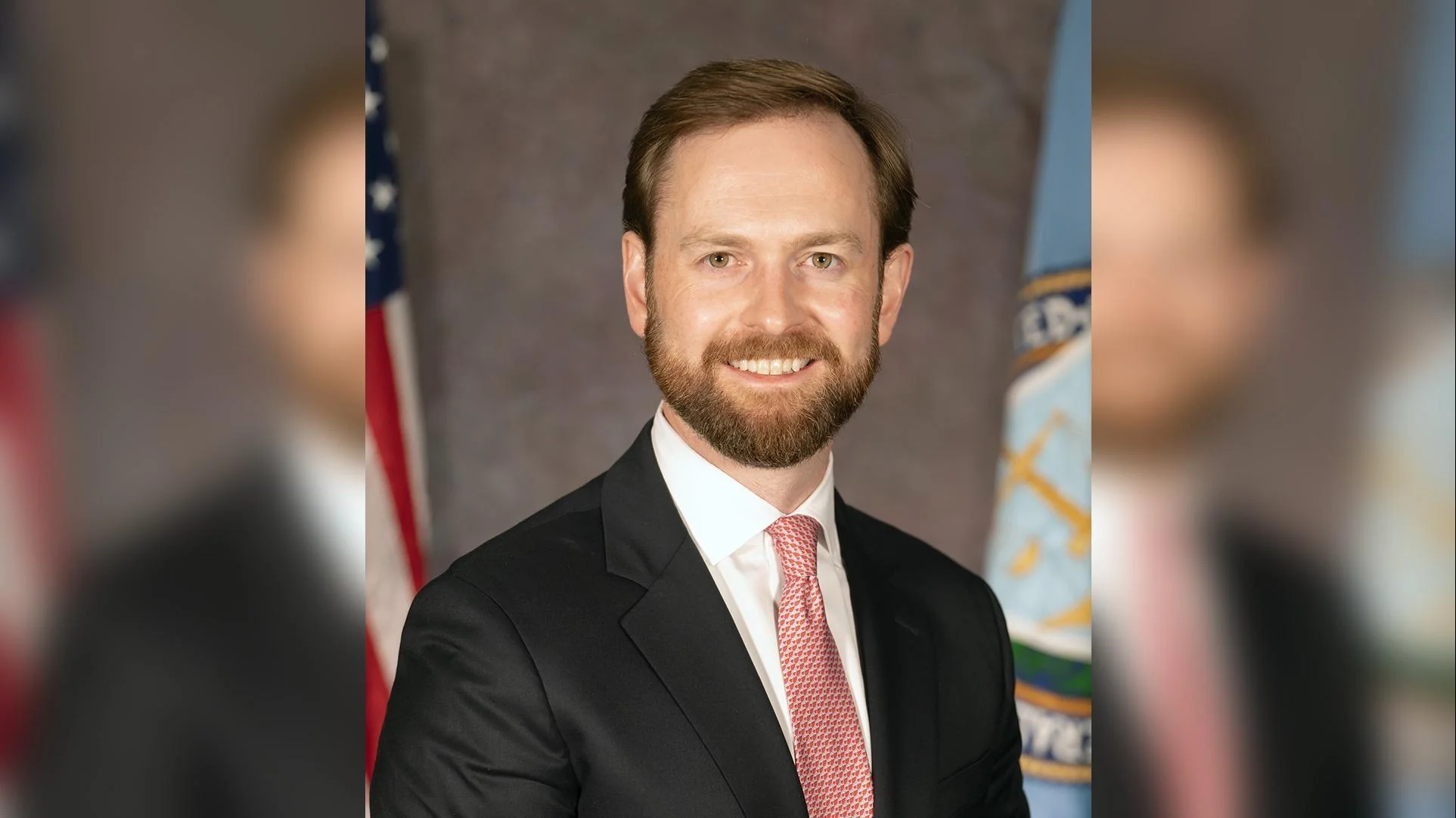The Federal Trade Commission (FTC) has filed a lawsuit against Key Investment Group, a Maryland-based ticket broker and its affiliated companies, for allegedly using unlawful methods to bypass ticket purchase limits on high-demand events such as Taylor Swift’s Eras Tour. According to the FTC, these actions enabled the company to acquire and resell tickets at higher prices, generating millions in revenue.
“President Trump made it clear in his March Executive Order that unscrupulous middlemen who harm fans and jack up prices through anticompetitive methods will hear from us,” said FTC Chairman Andrew N. Ferguson. “Today’s action puts brokers on notice that the Trump-Vance FTC will police operations that unlawfully circumvent ticket sellers’ purchase limits, ensuring that consumers have an opportunity to buy tickets at fair prices.”
The complaint names Key Investment Group’s CEO Yair D. Rozmaryn, Chief Financial Officer Elan N. Rozmaryn, and Chief Strategic Officer Taylor Kurth as defendants. The operation is alleged to have done business under several names including Epic Seats, TotalTickets.com LLC, and Totally Tix LLC.
According to the FTC's complaint, the defendants used various tactics to evade Ticketmaster’s security measures designed to enforce ticket purchasing rules. These included operating thousands of Ticketmaster accounts—some fictitious or third-party—using numerous credit cards, masking their identity with proxy or spoofed IP addresses, and employing SIM boxes to receive verification codes sent by Ticketmaster.
These practices reportedly allowed the group to purchase at least 379,776 tickets over about one year for nearly $57 million. A portion of those tickets was then sold on secondary markets for approximately $64 million with significant markups.
In one example cited by the FTC involving a Taylor Swift concert in 2023, defendants allegedly used 49 accounts to obtain 273 tickets—far above the event's six-ticket limit per buyer—and resold them at higher prices.
The complaint asserts violations of both the FTC Act and the Better Online Ticket Sales Act (BOTS Act), which prohibits circumventing online security measures meant to enforce posted ticket limits or maintain fair order rules.
The Commission voted unanimously (3-0) to authorize filing of the complaint in U.S. District Court for the District of Maryland’s Northern Division.
A statement from the agency clarifies: "The Commission files a complaint when it has 'reason to believe' that the named defendants are violating or are about to violate the law and it appears to the Commission that a proceeding is in the public interest. The case will be decided by the court."
The FTC encourages consumers seeking information on competition issues or wishing to report scams or frauds involving ticket sales and other topics visit consumer.ftc.gov or ReportFraud.ftc.gov for more resources.





